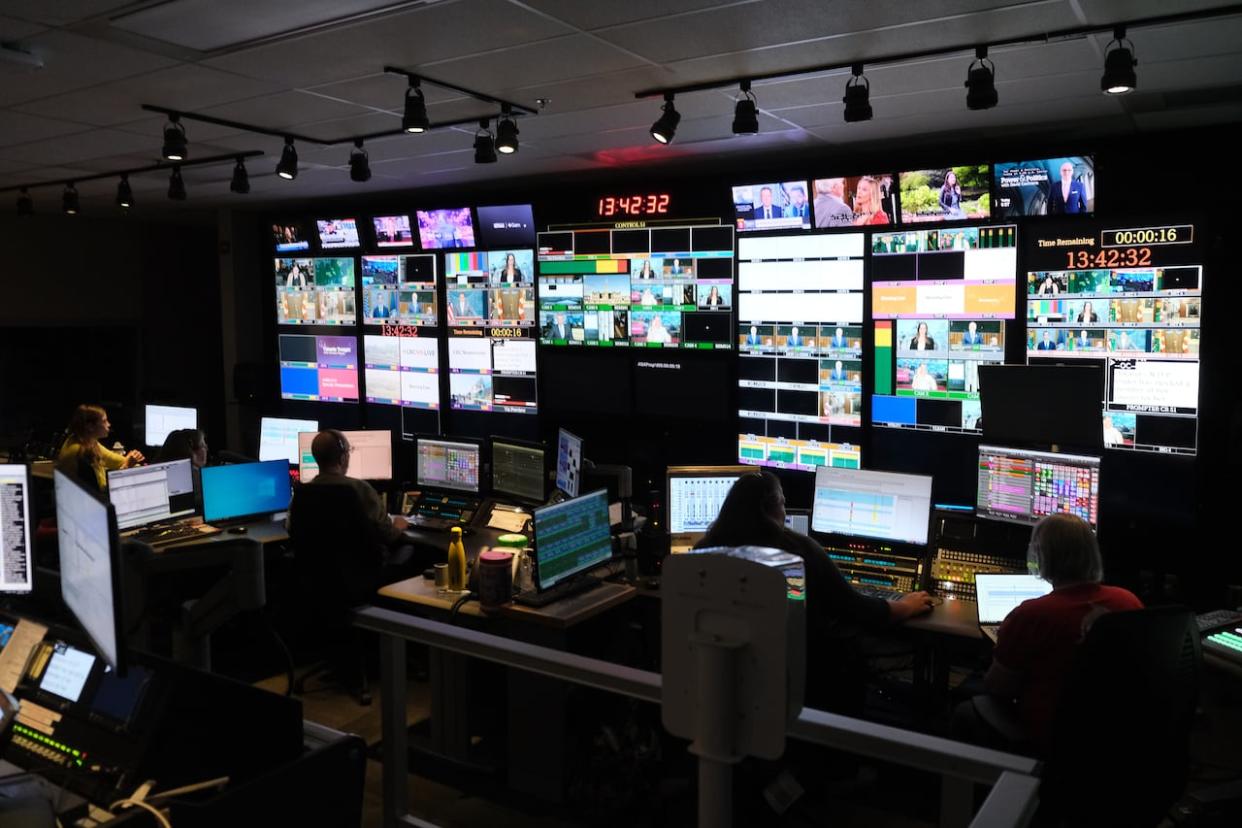On covering one of the most divisive stories in years

We use this editor's blog to explain our journalism and what's happening at CBC News. You can find more blogs here.
I was disappointed to read the account of a former employee published in The Breach who claimed CBC News coverage of the Israel-Hamas war has whitewashed Israel's actions in Gaza.
First, its broad conclusions are not true. We don't whitewash or censor our journalism. I continue to point people to the archive of our coverage since Oct. 7 that puts the lie to generalizations about our bias, missing perspectives and censorship.
Please look and judge for yourself.
The CBC provided The Breach with a comprehensive reply to questions about specific events that happened months ago, but we are prevented from discussing the details here because of rules around employee confidentiality.
That said, there's no doubt some CBC journalists will see in this account moments that ring true to their own experience. Moments where we have not lived up to our values of inclusivity. Times when we stumbled, when we were too careful or not careful enough, where clumsy words or the interpretation of principles or a loud voice at a story meeting led them to feel — and continue to feel — marginalized, isolated and alone.
Among the systemic issues we are currently addressing, newsroom culture is a challenge we are seized with at the CBC, one we are continually working to improve.
To be clear: we are a microcosm of the world we're covering and the public we serve. And this is one of the most divisive stories we've covered in years.
How many of us have had friends or families pulled apart by this story? How many of us have felt anger or sadness when talking to someone who is ignorant of the story's history and complexities?
Complaints about coverage come from both sides
We've received hundreds of public complaints through our ombudsman and standards office about our reporting on this conflict since Oct. 7. About 55 per cent of complainants thought CBC was unfair to Israel, and about 45 per cent thought CBC was unfair to Palestinians.
We have been told that we are not going hard enough at the human catastrophe unfolding in Gaza and beyond. Some fear we are minimizing the destruction of a people and the deaths of thousands of innocent Palestinians trapped within borders they can't leave. They worry we are trying too hard to balance with Israeli perspectives our reporting on a fight in which they see no balance.
And we hear from people who feel we are not going hard enough at the disturbing rise in antisemitism (and what they deem is antisemitism disguised as criticism of Israel). They believe our coverage moved on far too quickly from the horrors of Oct. 7, that we give airtime to anti-Israel members of the Jewish community who don't represent the majority, and that there is not enough journalism on Israel's effort to defend itself.
No one story or interview will capture the totality of the ongoing events in the Middle East — and that's never our aim. Rather, we will be judged on a body of work over time. I believe that body of work speaks for itself and demonstrates our values of independence, impartiality, accuracy and balance.
I'm also dismayed at the prospect that one article could undermine the work of so many CBC News journalists who work very hard to get it right and to tell this challenging story over time with all of the nuance, perspectives and contradictions inherent in it. We have dedicated more effort, resources and money into covering this story, across all of our platforms, than any other news organization in Canada
That said, our coverage of this story will never be able to satisfy everyone's expectations because the story itself is so personal and divisive.
That's why at the heart of everything we do are our journalistic standards and practices. They help guide us so that we are as consistent as possible in our journalism despite the emotions and biases we all bring to the work.
And you, the public we serve, can and should hold us accountable to those standards. CBC's independent ombudsman's office conveys your thoughtful feedback and criticism to us, and we are committed to addressing every concern through the lens of accuracy and fairness as we continue to strive for stronger journalism.

